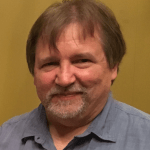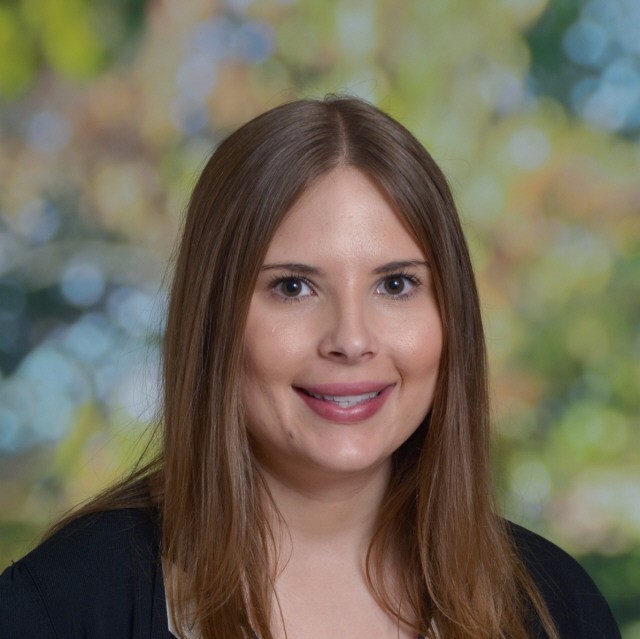Literate Brain Institute for Educators
Research from the Leading Edge
Join leading researchers and practitioners in a conference offering the latest research in accessible talks paired with relevant information and tools participants can bring into their classrooms.
In-Person Event - 300 George Street, New Haven, CT
Research from the Leading Edge
Topics
- Recent scientific advances in areas of language and literacy development;
- Types of neuroimaging being conducted;
- Statistical Learning;
- Databased informed instruction;
- Effective, evidence-based classroom strategies
Registration with Hotel
- Two-day conference registration
- Two nights (Wednesday and Thursday) at the Omni Hotel
- Breakfast and lunch Thursday and Friday
- Welcome Reception at the Omni Hew Haven Thursday evening
- Option to add Friday night hotel for $220
Registration without Hotel
- Two-day conference registration
- Breakfast and lunch Thursday and Friday
- Welcome Reception at the Omni New Haven Thursday evening
The Global Literacy Hub Literate Brain Institute for Educators is an engaging program for educators and clinicians who work with students in areas of literacy development, especially with students who are at risk for reading difficulty, like dyslexia, English learners, or other vulnerable students.
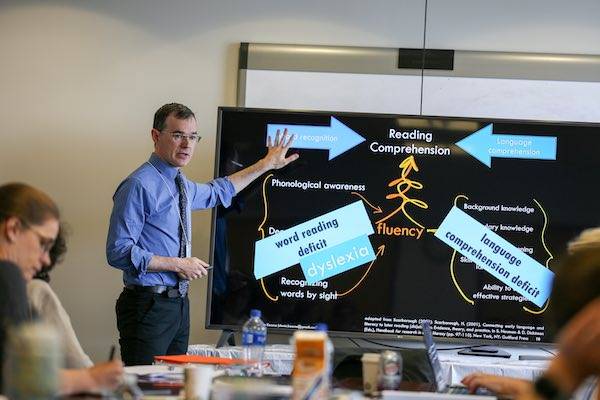
OBJECTIVES
The main objective of the Summer Institute is to provide scientific background and actionable knowledge about literacy for educators and learning professionals, both general and special education, from elementary and middle schools.
AGENDA
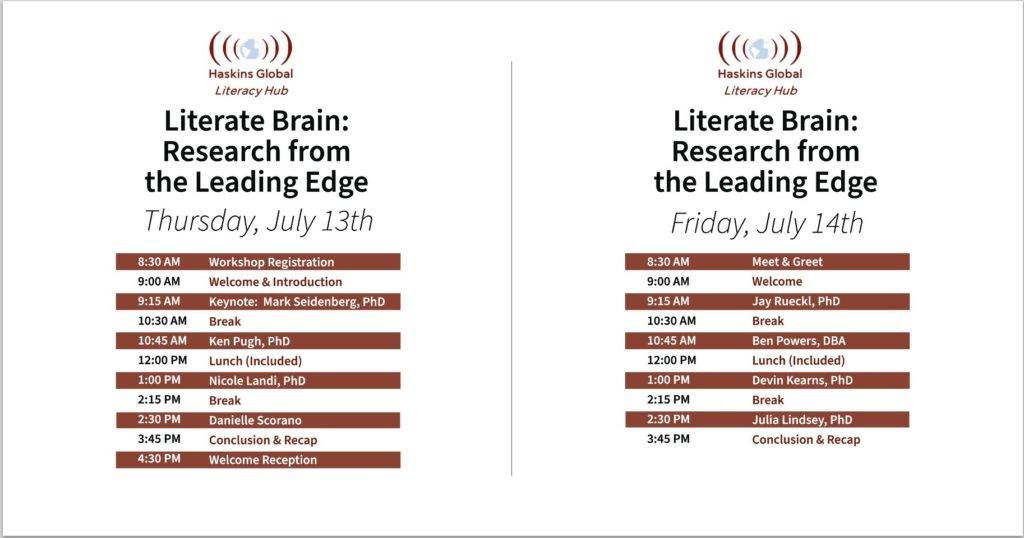
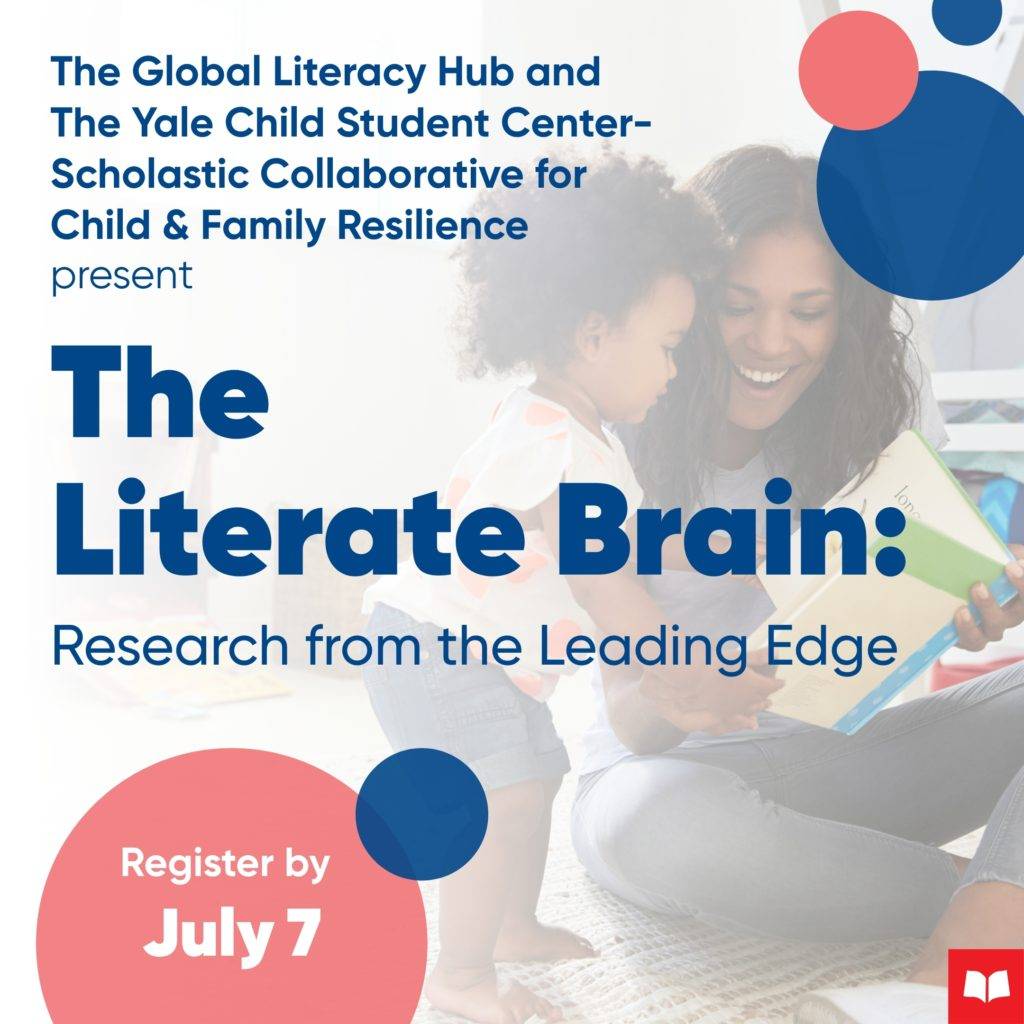
The Global Literacy Hub was founded as part of Haskins Laboratories, which was a private, not-for-profit research institute founded in 1935, with a scientific mission to investigate the biological basis of speech, language and reading, and their related disabilities. With long-standing collaborators from University of Connecticut, Yale University, and over 40 international partners, Haskins pioneered the scientific theories that guide current clinical and educational remediations for speech and reading disabilities, including the motor theory of speech perception, the orthographic depth hypothesis, the phonological basis of dyslexia, and the neurobiological system that supports reading. The over-arching mission of the Laboratories was to leverage cutting-edge science to enable those with language impairments to participate more fully in society.








